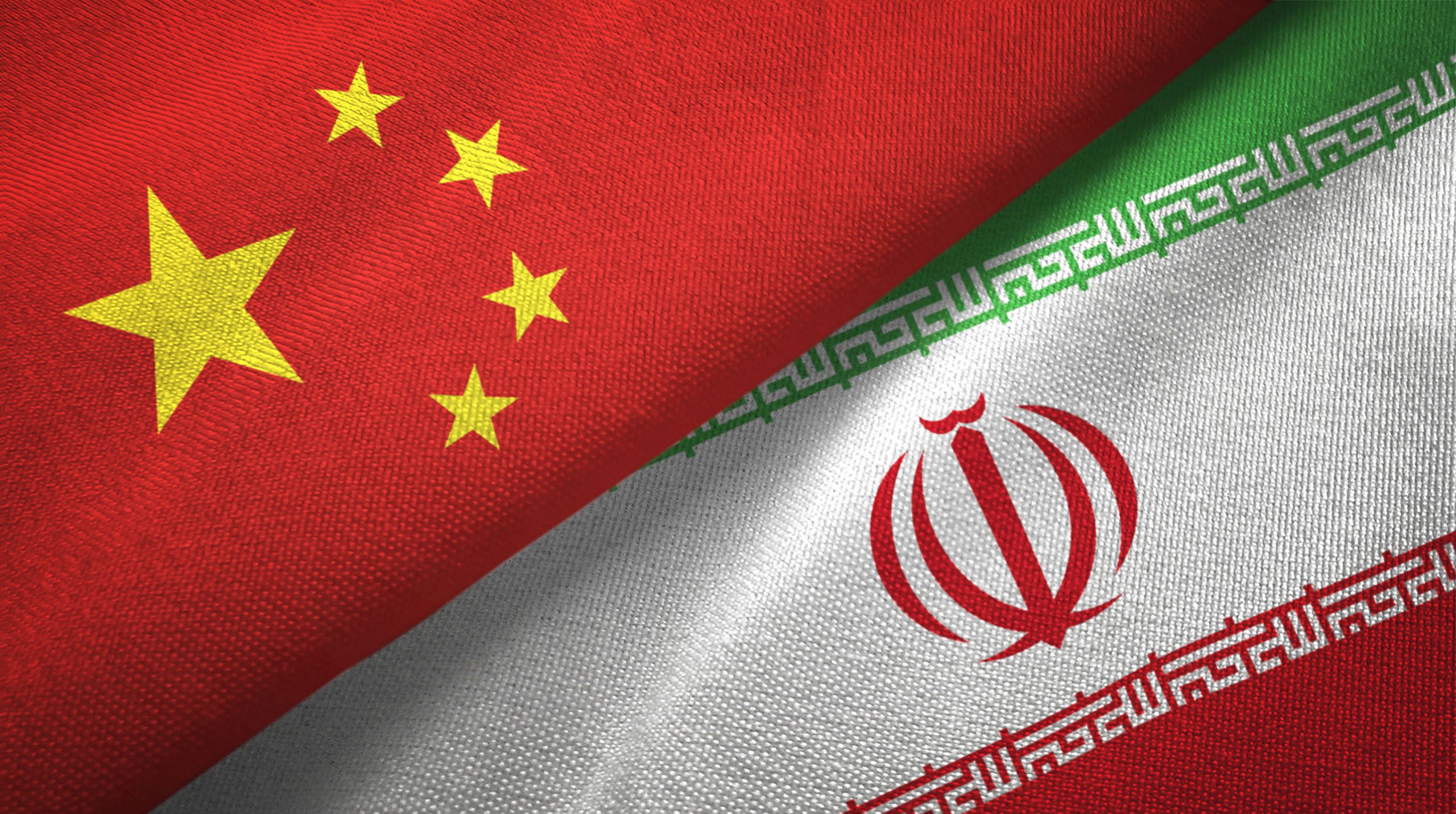

Date: 30 May 2023

The evolution of national supply chains into international and global supply chains, coupled with the expansion of markets beyond national borders, has spurred countries to establish themselves as indispensable components of these intricate networks. Iran, with its abundant oil reserves and strategic geopolitical position, and China, with its vast pool of affordable labor and attractive profit margins, have emerged as key players in the global trade landscape. Recent developments between Iran and China have underscored the significance of their cooperation, despite technological disparities and trade barriers, particularly economic sanctions.
China has actively sought to establish a stronger presence in the Middle East, recognizing its importance as a strategic region. In pursuit of this objective, China launched the ambitious Belt and Road Initiative in 2015—a comprehensive plan aimed at constructing a network of roads and waterways connecting China to Europe, with a significant passage through the Middle East. To ensure the success of this initiative, China has sought reliable partners in the region. As Saudi Arabia aligns itself more closely with the United States, Iran has emerged as an appealing choice for China. Consequently, Ebrahim Raisi, the president of the Islamic Republic of Iran, embarked on a visit to China in February to address existing challenges and further strengthen the bilateral relationship.
Iran possesses the world's fourth-largest reserves of oil and gas, which continue to play a vital role despite strict regulations imposed by Presidents Trump and Biden. Despite these restrictions, Iran has managed to increase its oil sales abroad, with China emerging as its primary purchaser. Since President Biden's inauguration in 2021, Iran has become increasingly reliant on China, resulting in China's expenditure of over $47 billion on Iranian oil. To avoid penalties, Iran employs the practice of disguising the oil's origin. While bilateral trade between Iran and China has reached $50 billion, recent figures have averaged around $20 billion. In order to achieve higher trade volumes, both nations recognize the need to undertake measures that promote further growth. Additionally, China ranks as the fourth-largest investor in Iran, following Russia, the UAE, Turkey, and Afghanistan.
The recent developments between Iran and China signal their mutual recognition of the potential benefits derived from a deepened economic relationship. By leveraging Iran's energy resources and China's robust market, both nations stand to enhance their economic growth and strategic interests. Moreover, these developments underscore the significance of fostering stronger ties between the two countries, necessitating efforts to overcome technological disparities and trade barriers, notably economic sanctions. As China actively expands its global trading partnerships, it becomes imperative for other nations to comprehend China's requirements and ensure secure trade and investment to tap into the vast opportunities offered by engaging with this prominent economic powerhouse.